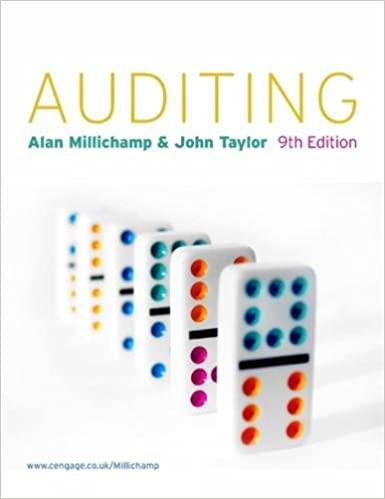Answered step by step
Verified Expert Solution
Question
1 Approved Answer
A Question of EthicsStatute of Frauds. Daniel Fox owned Fox & Lamberth Enterprises, Inc., a kitchen remodeling business. Fox leased a building from Carl Hussong.
A Question of EthicsStatute of Frauds. Daniel Fox owned Fox & Lamberth Enterprises, Inc., a kitchen remodeling business. Fox leased a building from Carl Hussong. When Fox planned to close his business, Craftsmen Home Improvement, Inc., expressed an interest in buying his assets. Fox set a price of $50,000. Craftsmens owners agreed and gave Fox a list of the desired items and a Bill of Sale that set the terms for payment. Craftsmen expected to negotiate a new lease with Hussong and modified the premises, including removal of some of the displays. When Hussong and Craftsmen could not agree on new terms, Craftsmen told Fox that the deal was off. [Fox & Lamberth Enterprises, Inc. v. Craftsmen Home Improvement, Inc., _ N.E.2d _ (2 Dist. 2006)] (See The Scope of Articles 2 and 2A.) In Foxs suit for breach of contract, Craftsmen raised the Statute of Frauds as a defense. What are the requirements of the Statute of Frauds? Did the deal between Fox and Craftsmen meet these requirements? Did it fall under one of the exceptions? Explain. (See The Formation and of Sales and Lease Contracts.) Craftsmen also claimed that the predominant factor of its agreement with Fox was a lease for Hussongs building. What is the predominant-factor test? Does it apply here? In any event, is it fair to hold a party to a contract to buy a businesss assets when the buyer is unable to negotiate a favorable lease of the premises on which the assets are located? Discuss
Step by Step Solution
There are 3 Steps involved in it
Step: 1

Get Instant Access to Expert-Tailored Solutions
See step-by-step solutions with expert insights and AI powered tools for academic success
Step: 2

Step: 3

Ace Your Homework with AI
Get the answers you need in no time with our AI-driven, step-by-step assistance
Get Started


